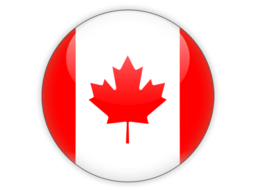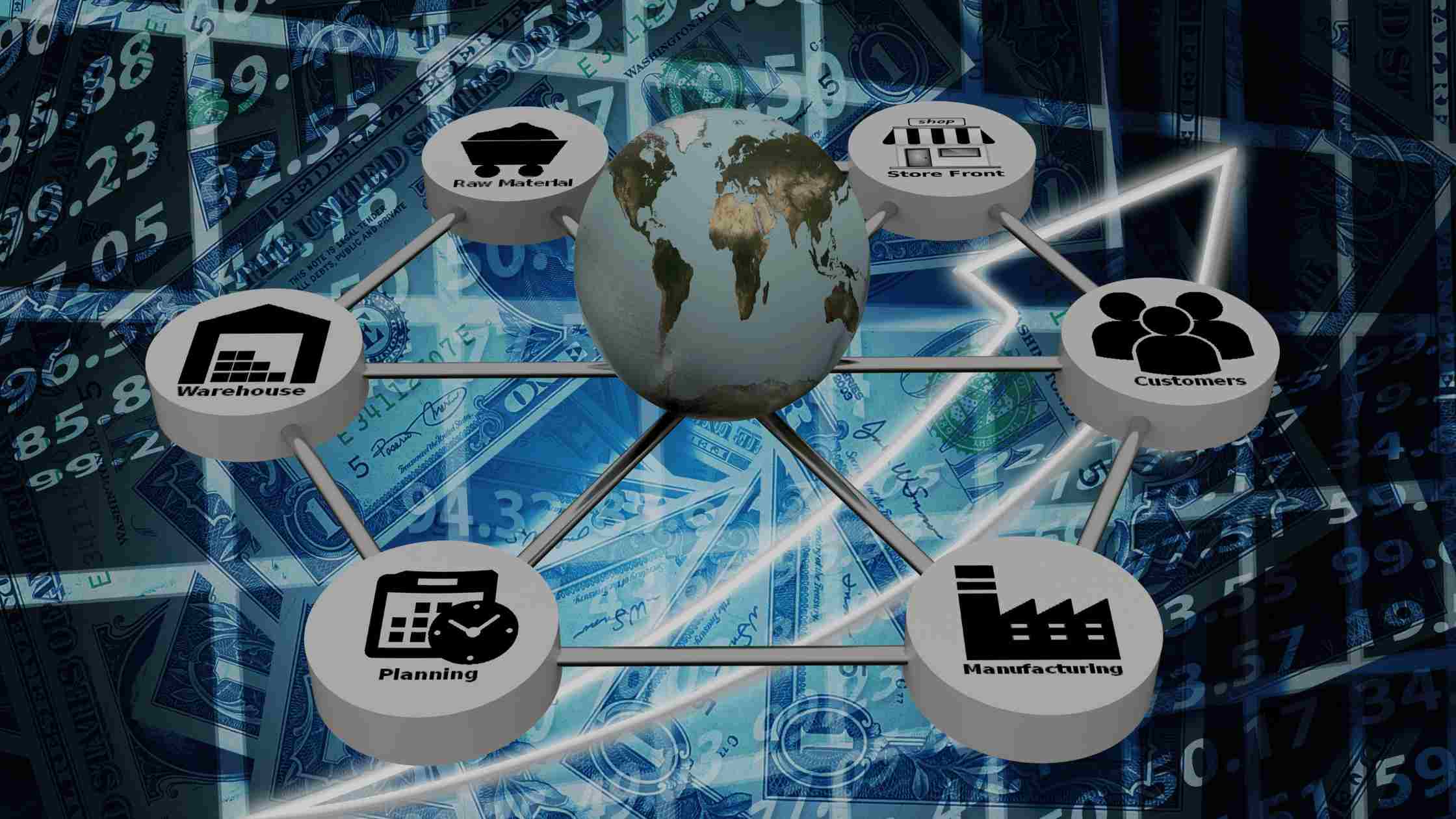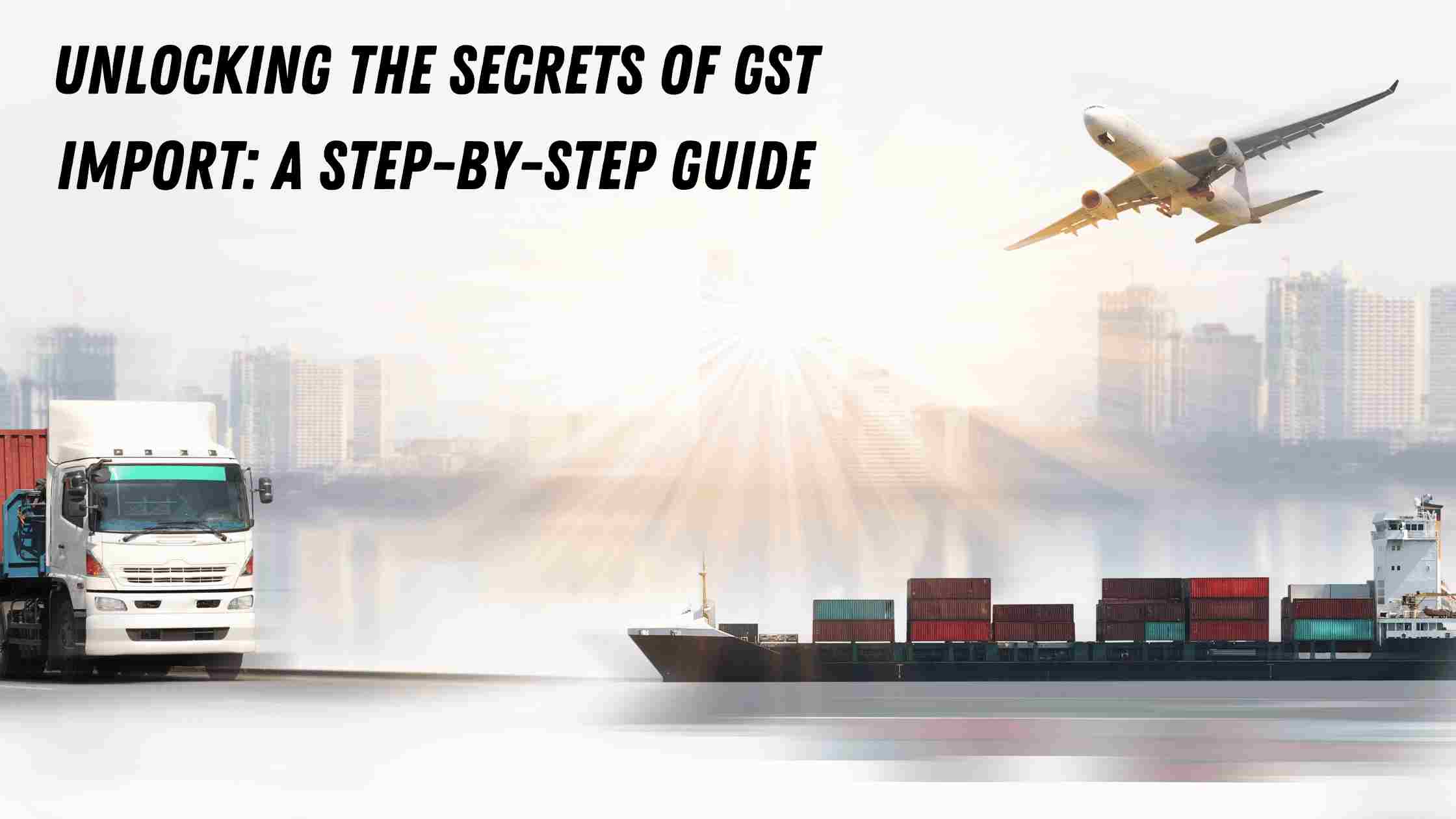The place where something is sold is important for determining how much GST is paid. For goods, it is usually the place where the goods are shipped to. For supply of services, it is usually the place where the service is performed.
The GST rules for services are more complicated than the rules for goods. This is because services are intangible, which means that they cannot be physically touched or moved.
The law says that GST should be paid in the place where the service is used, not in the place where the service provider is located. This is to make sure that GST is fair and that everyone pays their fair share. General Rule for Place of Supply for Services.
The general rule for determining the place of supply for services:
In general, the place of supply is determined based on the recipient’s location for most B2B services. However, when the recipient’s location is unavailable or the supply is B2C, the place of supply is determined based on the supplier’s location.
Scenario 1: B2B Services with Known Recipient Location
Place of Supply: Location of the recipient
Applicable GST: GST rate of the recipient’s state
For example, if you are a business that is located in Delhi, and you buy accounting services from a business that is located in Mumbai, the GST will be paid in Delhi. This is even though the accounting services are actually being performed in Mumbai.
Scenario 2: Unknown Recipient Location or B2C Services
Place of Supply: Location of the supplier
Applicable GST: GST rate of the supplier’s state
Specific Rules for Different Services:
While the general rule applies to most services, there are certain exceptions where the place of supply is determined differently. These exceptions are based on the nature of the services being provided. Some of the key exceptions include:
- Services related to immovable property: The place of supply for services related to immovable property, such as construction, maintenance, or rent, is the location of the immovable property.
- Transportation of goods: The place of supply for transportation of goods is the location where the goods are delivered.
- Services provided by an online platform (Online Information and Database Access or Retrieval Services (OIDAR)): The place of supply for services provided through an online platform, such as e-commerce or digital content downloads, is the location of the recipient, even if the recipient is not a registered person.
- Certain specific services: The place of supply for certain specific services, such as legal services, accounting services, and consultancy services, is the location of the supplier.
- Banking and Financial Services: The POS for banking and financial services is the location of the recipient’s account or where the service is used.
Determining the Location of the Recipient
Determining the location of the recipient is crucial for applying the general rule for place of supply for services. For non-business recipients, the place of supply is their residential address. For business recipients, the place of supply is the location of their registered business address.
Implications of Place of Supply:
The place of supply has significant implications for the tax liability of GST. It determines the applicable tax rates and the eligibility for input tax credits. If the place of supply is within a state or union territory, the supplier is liable to charge Central GST (CGST) and State GST (SGST). If the place of supply is between two states or union territories, the supplier is liable to charge Integrated GST (IGST). The recipient can take input tax credit only on GST paid on supplies where the place of supply is within their state of registration.
To learn about the place of supply in the case of goods, Click here!
Disclaimer:
The information provided in this content is for general informational purposes only. You should always seek the advice of an expert before making any decisions based on the information provided. We do not warrant or guarantee the accuracy, completeness, or usefulness of the information provided. Any reliance you place on such information is strictly at your own risk. We are not responsible for any damages, losses, or expenses related to the use of this content.
Related Blog :
UNRAVELING GOODS’ PLACE OF SUPPLY: A COMPLETE INSIGHT
EXTENDED APPEAL DEADLINE FOR SECTION 73/74: WHAT YOU NEED TO KNOW








